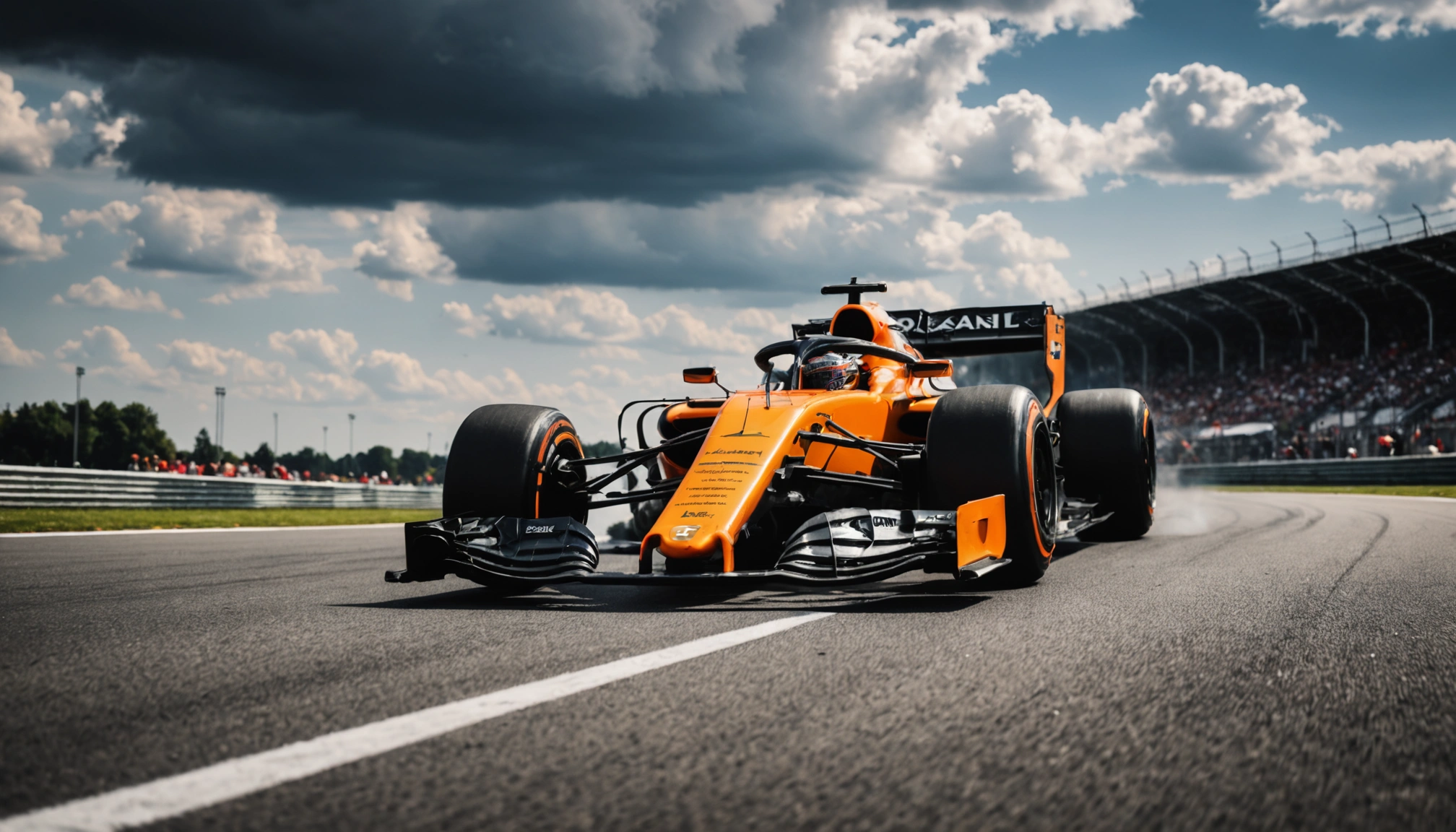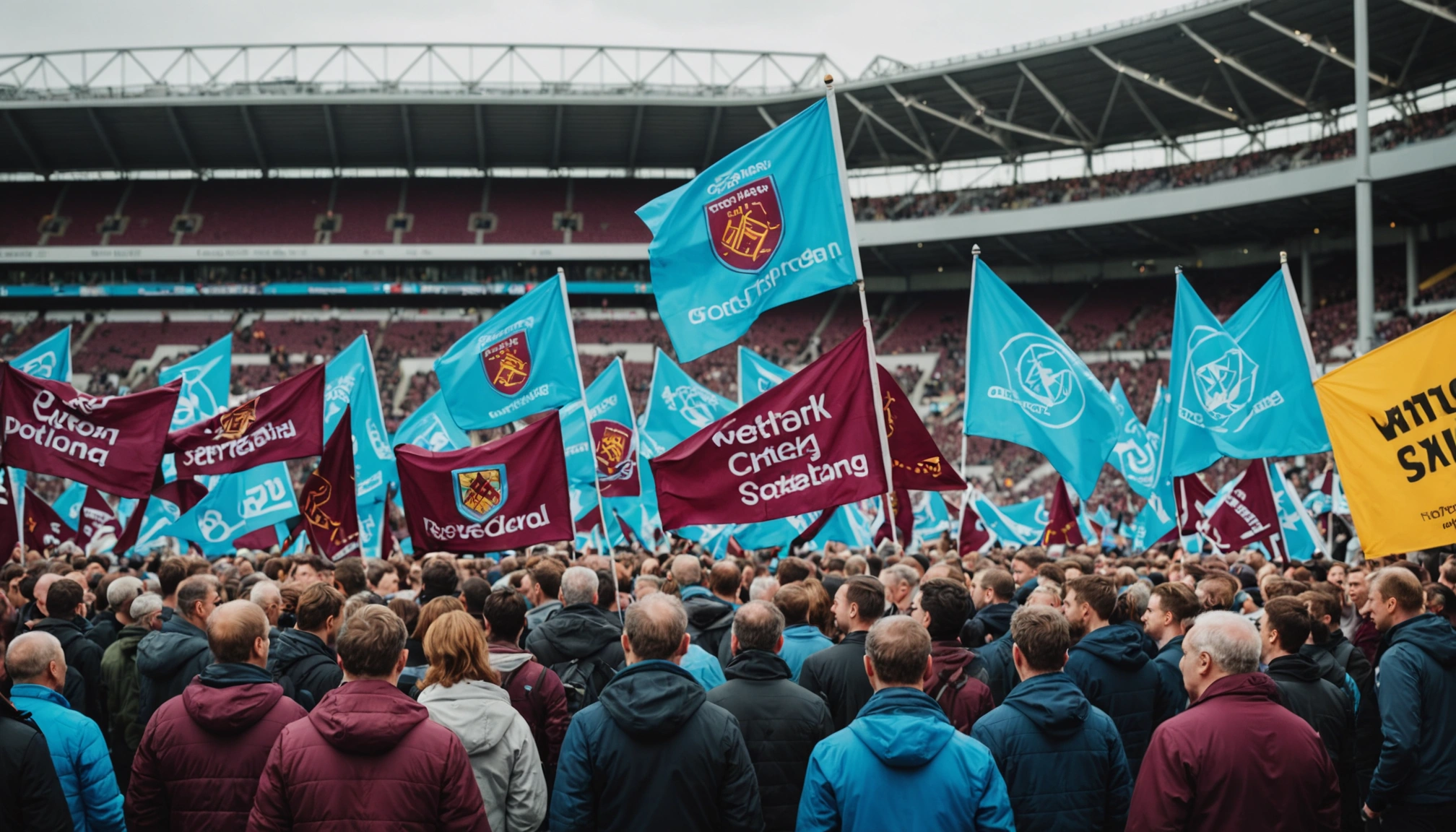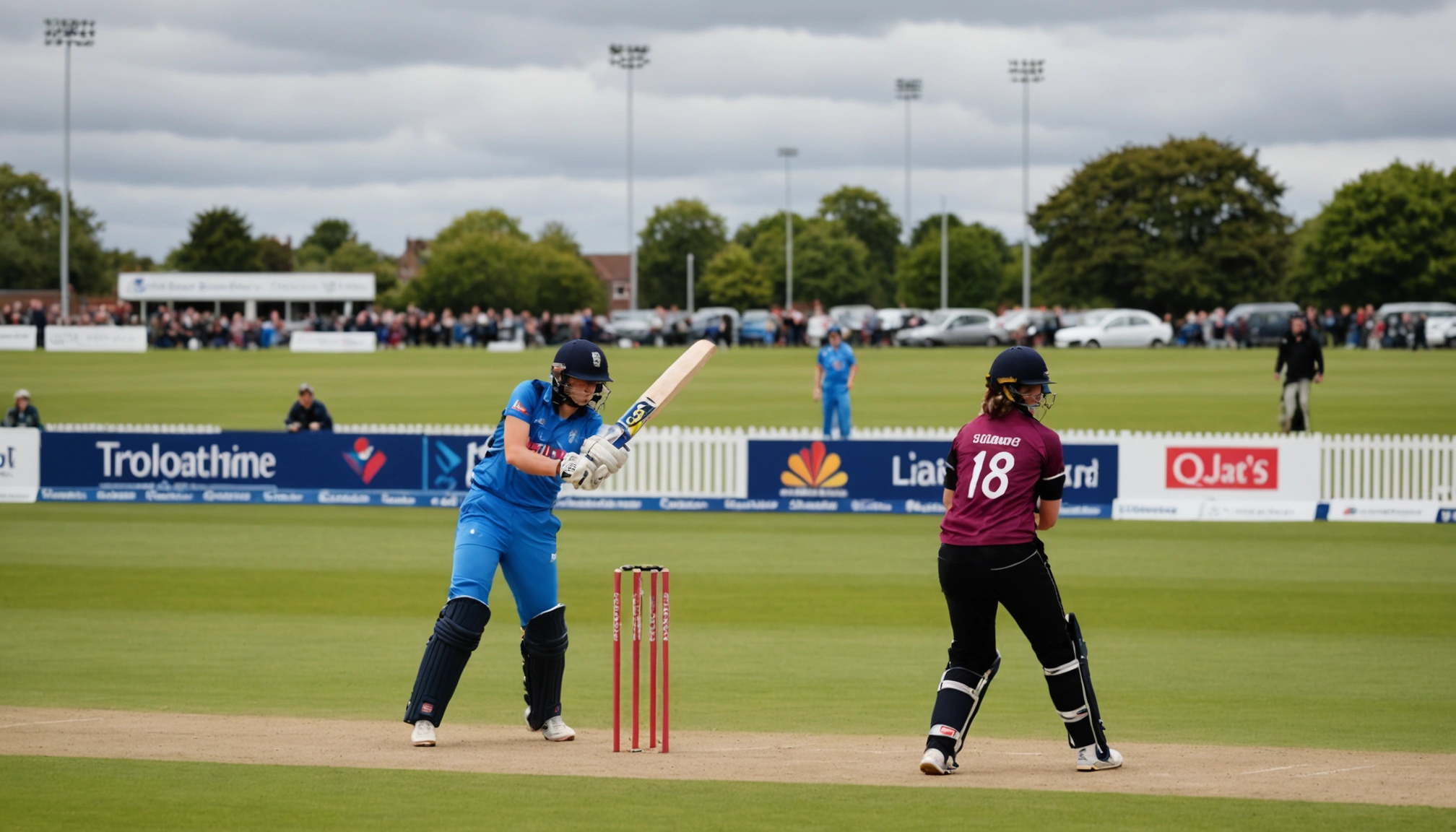The Philosophical Debate About McLaren's Monza Team Orders
Explore the complex debate surrounding McLaren's Monza team orders, their impact on racing ethics, and what it means for Formula 1 fans.

By Editorial
The context behind McLaren's Monza team orders
Team orders in Formula 1 have long been a contentious topic, sparking passionate debates among fans, drivers, and pundits alike. The recent Monza Grand Prix brought McLaren's use of team orders back into the spotlight, raising questions about fairness, competition, and sporting ethics.
At its core, team orders involve a racing team instructing its drivers to hold position or allow a teammate to pass, often to maximise points or secure strategic advantages. While this tactic can benefit the team, it risks alienating fans who crave genuine on-track battles.
The historical perspective on team orders in Formula 1
Team orders have shaped many pivotal moments in F1 history. The infamous 2002 Austrian Grand Prix saw Ferrari order Rubens Barrichello to yield to Michael Schumacher, causing widespread outrage. This incident exemplifies why many fans despise team orders: they feel artificial and undermine the sport's integrity.
However, teams argue that Formula 1 is both a sport and a business. Maximising championship points is vital for sponsors and long-term success, making team orders a practical necessity at times.
Why McLaren's Monza decision sparked debate
During the 2023 Italian Grand Prix, McLaren issued team orders that saw Lando Norris yield to Oscar Piastri. The decision was met with mixed reactions, with some praising the strategic call while others criticised it for stifling fair competition.
Supporters argue that McLaren's primary goal was to optimise their constructors' championship position. This strategic move aligns with broader team objectives and reflects the high stakes of the modern F1 season.
On the other hand, critics lament that such orders deprive fans of authentic racing drama. They question whether the sport is becoming too controlled by team directives rather than driver skill and rivalry.
The ethical considerations of team orders
Philosophically, team orders raise ethical dilemmas about fairness and sportsmanship. Is it fair to manipulate race outcomes for team gain? Or is it simply savvy management within a competitive environment?
Experts often point out that drivers are employees of their teams, contractually obliged to execute team strategies. Yet, fans identify with drivers as individual competitors, hoping to see unfiltered talent and determination.
This tension creates a complex dynamic, where the sport’s business imperatives clash with its emotional appeal.
Comparing team orders across different motorsports
While team orders are most debated in Formula 1, they appear in other motorsport disciplines as well. For instance, NASCAR and MotoGP have their own approaches to managing team tactics and driver cooperation.
In some cases, team orders are more subtle, such as drafting assistance or pit stop strategies rather than explicit instructions to let a teammate pass. This variation influences how fans perceive the legitimacy of team tactics.
The impact on drivers and team dynamics
Team orders can affect driver morale and relationships within a team. The Monza incident reportedly caused tension between Norris and Piastri, illustrating how such decisions can strain trust.
Managing these dynamics requires skillful leadership and clear communication. Teams like McLaren must balance competitive ambitions with maintaining a positive atmosphere among drivers.
Case study: McLaren's approach to driver management
McLaren has historically navigated driver rivalries with varying success. Their current situation highlights the challenges of integrating rising talents while preserving harmony. Effective management could turn these challenges into strengths, fostering a collaborative yet competitive spirit.
What fans think: a divided community
The fanbase remains split on team orders. Many accept them as part of the sport’s reality, while others call for stricter regulations or outright bans.
This divide is reflected in social media reactions and fan forums, where passionate discussions unfold after every controversial team order call. The debate also ties into broader conversations about how Formula 1 can modernise while respecting its traditions.
Looking ahead: the future of team orders in Formula 1
As Formula 1 evolves, the role of team orders will likely remain a hot topic. Potential rule changes or technological advances may alter how teams deploy these tactics.
For example, real-time data analytics and AI could enable more nuanced strategy decisions, possibly reducing blunt instructions to hold positions. Alternatively, governing bodies might impose clearer guidelines to preserve racing fairness.
Fans hoping for more thrilling, unpredictable races will watch closely how teams like McLaren balance strategy with spectacle in upcoming events.
Conclusion: balancing strategy and spectacle in Formula 1
The philosophical debate about McLaren's Monza team orders encapsulates the broader challenge facing Formula 1: reconciling competitive strategy with the sport’s entertainment value. While team orders serve practical purposes, they risk diluting the raw excitement that draws fans to racing.
Understanding this tension helps appreciate the complexities behind every race decision. For more insights on the latest in motorsports and beyond, check out our latest football gossip transfers targets and contract updates and explore how different sports manage competition and teamwork.
Whether you side with team management or fans demanding pure racing, the debate underscores why Formula 1 remains one of the most compelling sports worldwide.
Related topics
Editorial
Sports expert at SportsScoop
Specialist in sports analysis and journalism
Related articles
Want to read more?
Explore our comprehensive collection of sports articles and analysis, or contact us for more information.



